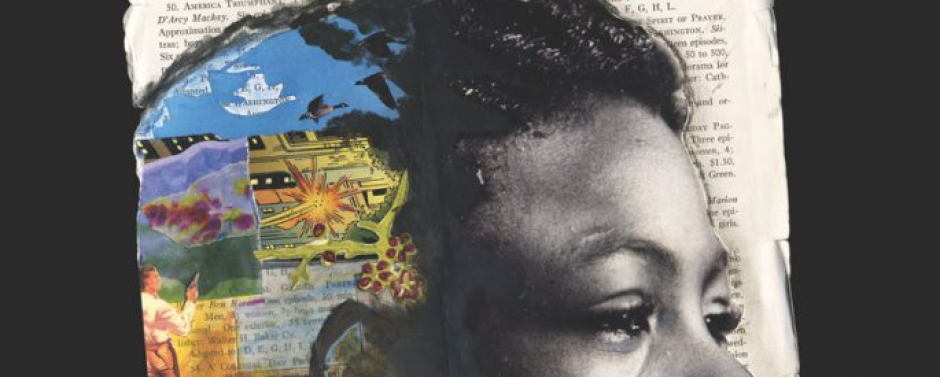The Golden Shovel Anthology: New Poems Honoring Gwendolyn Brooks, edited by Peter Kahn, Ravi Shankar, Patricia Smith (University of Arkansas, £18.99).
The ‘Golden Shovel’ form was created by Terrance Hayes to honour Gwendolyn Brooks. The rules are simple:
1. Borrow a line from a Gwendolyn Brooks poem, or another poem you admire
2. Use each word from that line as the end word, making the right-hand margin of the poem read as the borrowed line
3. Give credit to the borrowed poet
4. The new poem need not be limited by the content of the original poem
I agree with Peter Kahn, one of the editors of this volume, that writing a Golden Shovel, or borrowing from a great poem in general can feel “invigorating” to the writer. The certainty of knowing where you will end up at the end of the line reassures a poet through the process of writing, as poetry is often a place where little is certain.
Unfortunately, as shown in this anthology, it can also lead to the watering down of the potency of poetry; a far cry from the raw, truthful energy available in Brooks’ poems. For instance, in “a song in the front yard”, Brooks uses simple language, full of curiosity; the repetition of “I want, I want” pulls the reader forward into the deep desire of the speaker, and shows us some just-out-of-reach experiences. Brooks also offers a memorable line reflecting the pressure of performed ‘legitimate’ femininity, “a girl gets sick of a rose”. It’s this pulling, curious energy written in plain language that’s missing in most of the Golden Shovel poems which attempt to honor Brooks’ work.
There are some highlights to the volume, however, occasionally the Brooks line on the right margin sings back to the new poem, deepening its meaning, such as in “Grown Up” by Kwame Dawes, from “These adult dreams are mere interruptions” to Brooks’ line on the right, “Grown-ups were supposed to be wise.” At times a Golden Shovel poem appears to be a meditation of Brooks original work, such as “September, Chicago” by Angela Narciso Torres written in the calm, dedicated voice, accepting loss, with “Windblown, they fall/ open to where I erased your name.”
As much as I despise a binary view of trying to name what is and isn’t poetry, it seems that the rule of borrowing must be honoured. If the right margin, the Brooks line is by far the most interesting part of a Golden Shovel poem, perhaps the poet is missing out on the most interesting part of their own work. That’s why the energy in most of these poems feels watered down or distant from the source. Overall, it’s hard to appreciate an anthology based on form alone, but in so much as these editors wanted to inspire us to read more of Brooks original poetry, it has succeeded.

